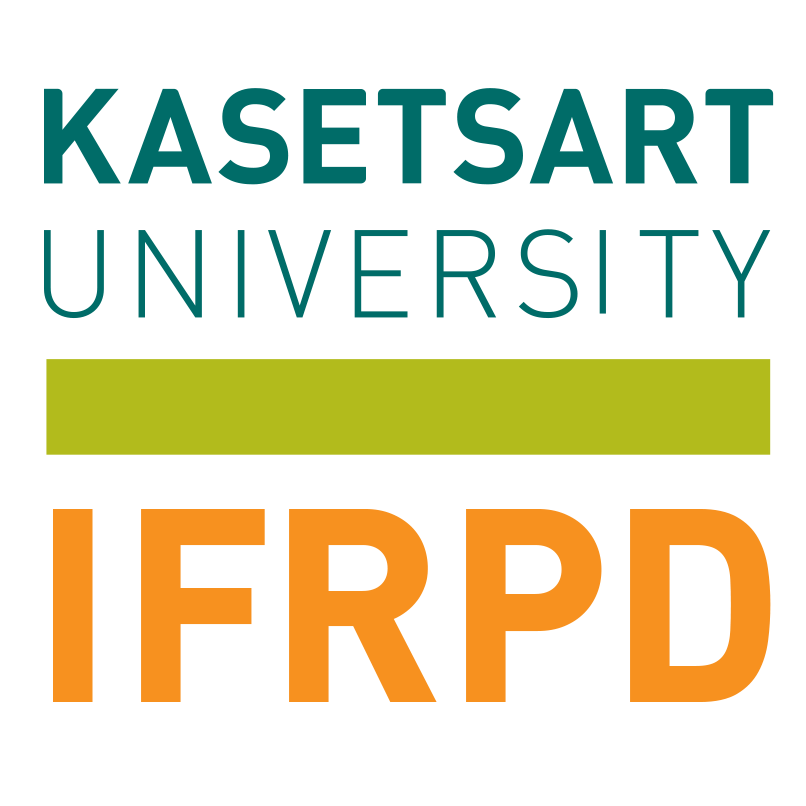Outline of Thai Local Vegetable Database
Welcome to Thai Local Vegetable Database
The “Thai Local Vegetables Database” is based on “JIRCAS International Agriculture Series No. 17: Thai Local Vegetables”, a result of joint research by JIRCAS and published on the web in 2010. The aim of making the database available is to conserve valuable local edible plants and disseminate research knowledge in the context of Southeast Asia, where indigenous food culture and local edible plant information are rapidly vanishing (refer to “About Thai Local Vegetables”).
In this updated version, plant classification follows the new Engler system, as used in the 2010 edition, with some modifications to plant family names and other details. Additional information on functionality and local use, along with simple search functions has been incorporated for improved convenience. We are delighted that the database will be accessible to all and hope that it contributes to answering various questions and facilitating successful searches.
About Thai Local Vegetables - The Fascinating World of Thai Local Vegetables -
Thailand has a tropical climate, rich biodiversity and long cultural history as an independent country and ancient Thai people traditionally selected edible plants from nature for various purposes, including the use of vegetables, spices, herbs, condiments and sometimes medicine. Although some local edible plants, including vegetables, are common in other countries, many useful plants have not been introduced to other parts of the world. Furthermore, information regarding local edible plants in Thailand remains limited. One challenge in studying edible Thai plants lies in the confusion associated with plant identification and classification. A plant’s name in one regional dialect may refer to a different plant in another dialect, and the same plant can have various local names across different regions. This often leads to confusion, even with local individuals sometimes assigning the same name to multiple plant species. Additionally, many wild plant species worldwide are facing extinction each year. Identifying certain uncultivated local edible plants in Thailand has become particularly challenging in the present times. Therefore, it is imperative to promptly record, categorize and classify these plants based on specific taxonomic systems. The collaborative research team of JIRCAS, The Institute of Food Research and Product Development (IFRPD) of Kasetsart University and the World Vegetable Center-East and Southeast Asia Regional Office, in cooperation with National Food Research Institute Japan, is dedicated to enhancing the value of local plants by identifying functional components and elevating the nutritional worth of Thailand’s local edible plants. The team developed several practical products during project term that leverage the functionalities of Thai edible plants.
We anticipate that these initiatives and the database presented here will contribute to improving the economic status of Thai farmers by adding value to local agricultural products, particularly indigenous vegetables. Simultaneously, these efforts aim to ensure the provision of safer and healthier food options for consumers through the evaluation of local vegetables.
We hope that this database on Thai local vegetables and our collaborative research will contribute to the local agriculture, forestry, and fisheries industries, ultimately providing safe and healthy food for people worldwide.
About the copyright and notice regards to use
The owners of the copyright of this database are the Incorporated Administrative Agency, Japan International Research Center for Agricultural Sciences (JIRCAS) and the Institute of Food Research and Product Development (IFRPD) of Kasetsart University. All contents can be used with citing the source in accordance with the guideline 'JIRCAS Website Terms of Use'. For more information, please see 'JIRCAS Website Terms of Use'.



